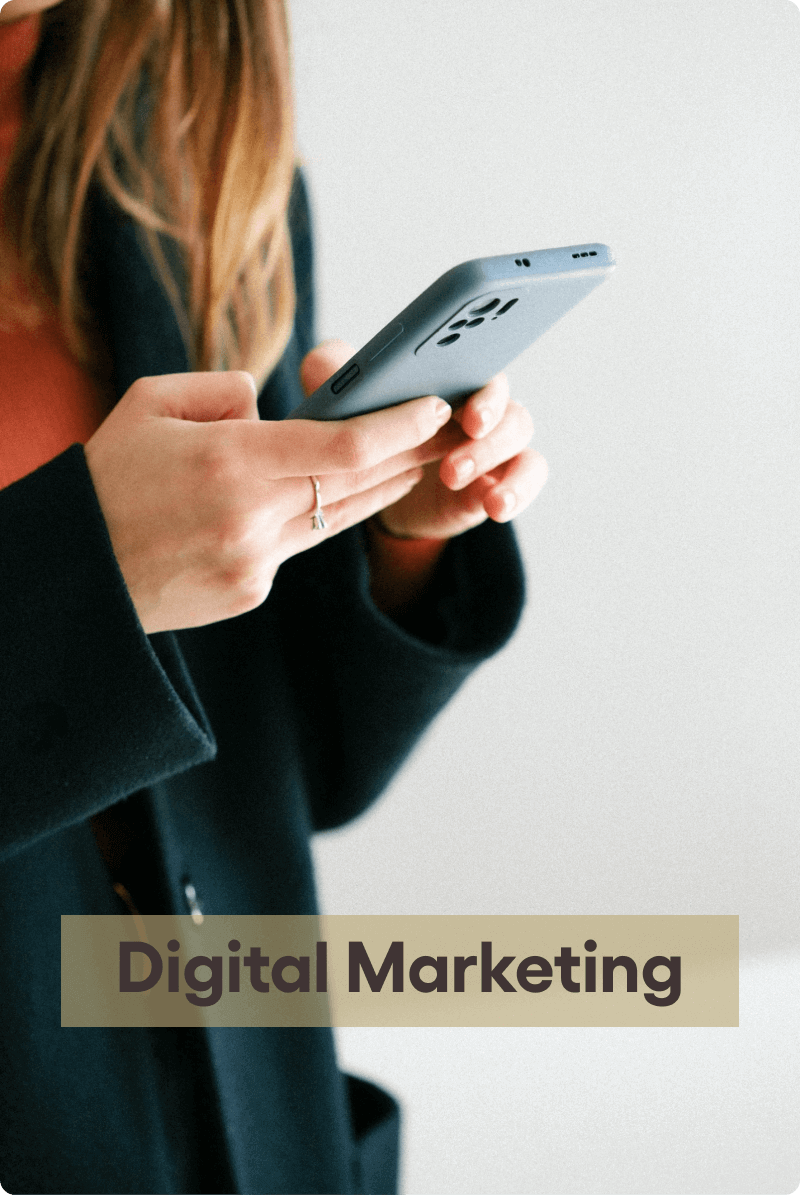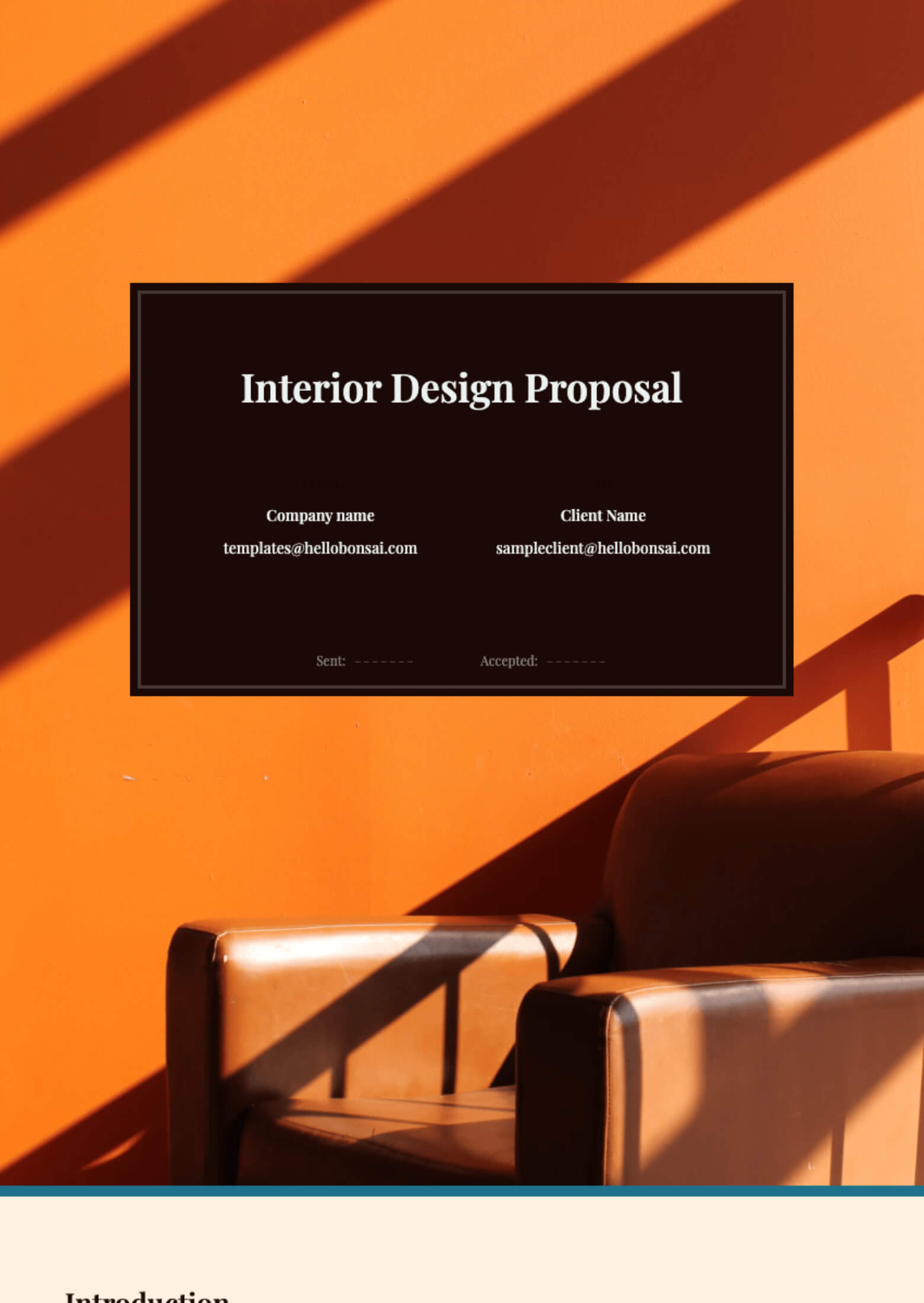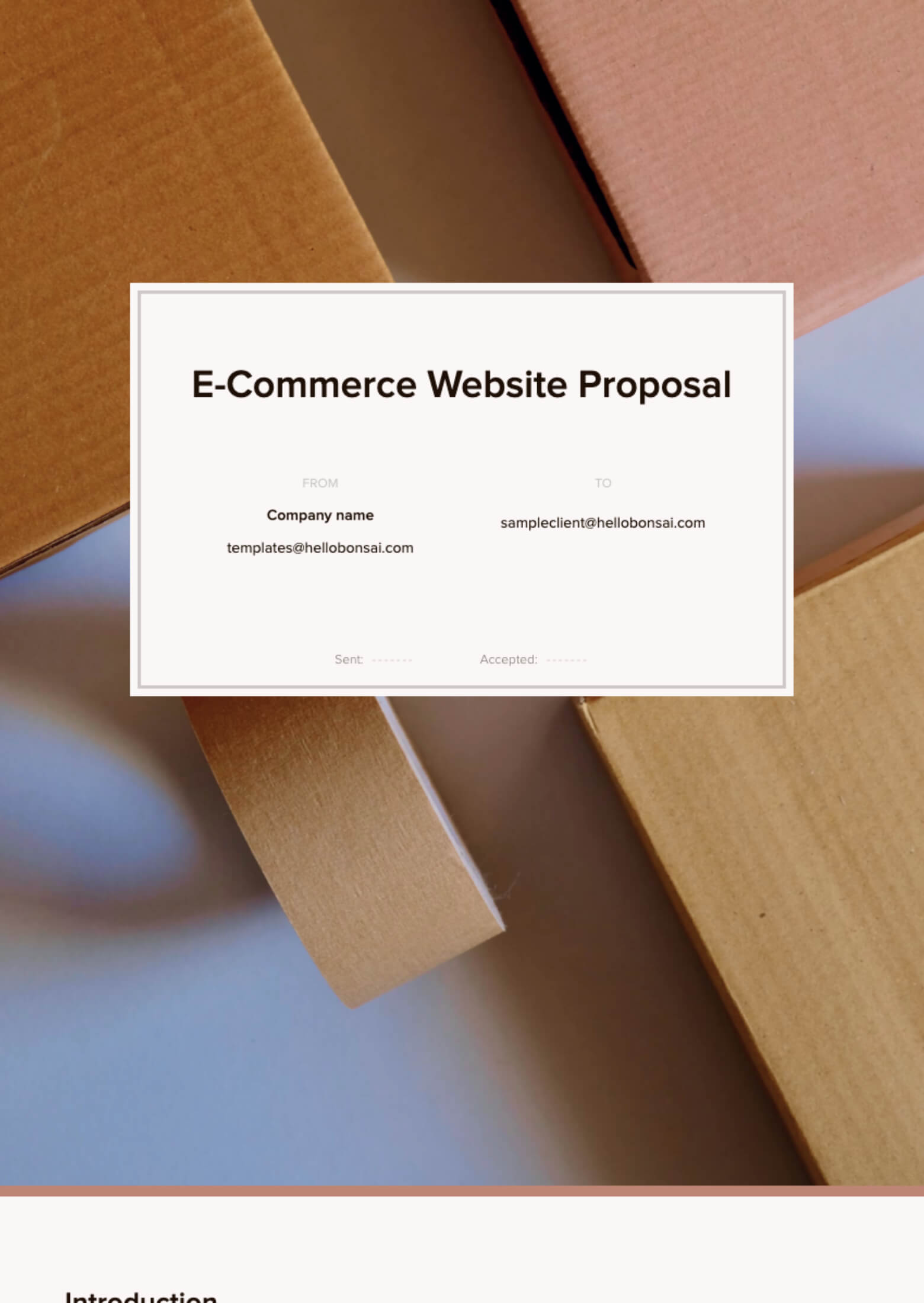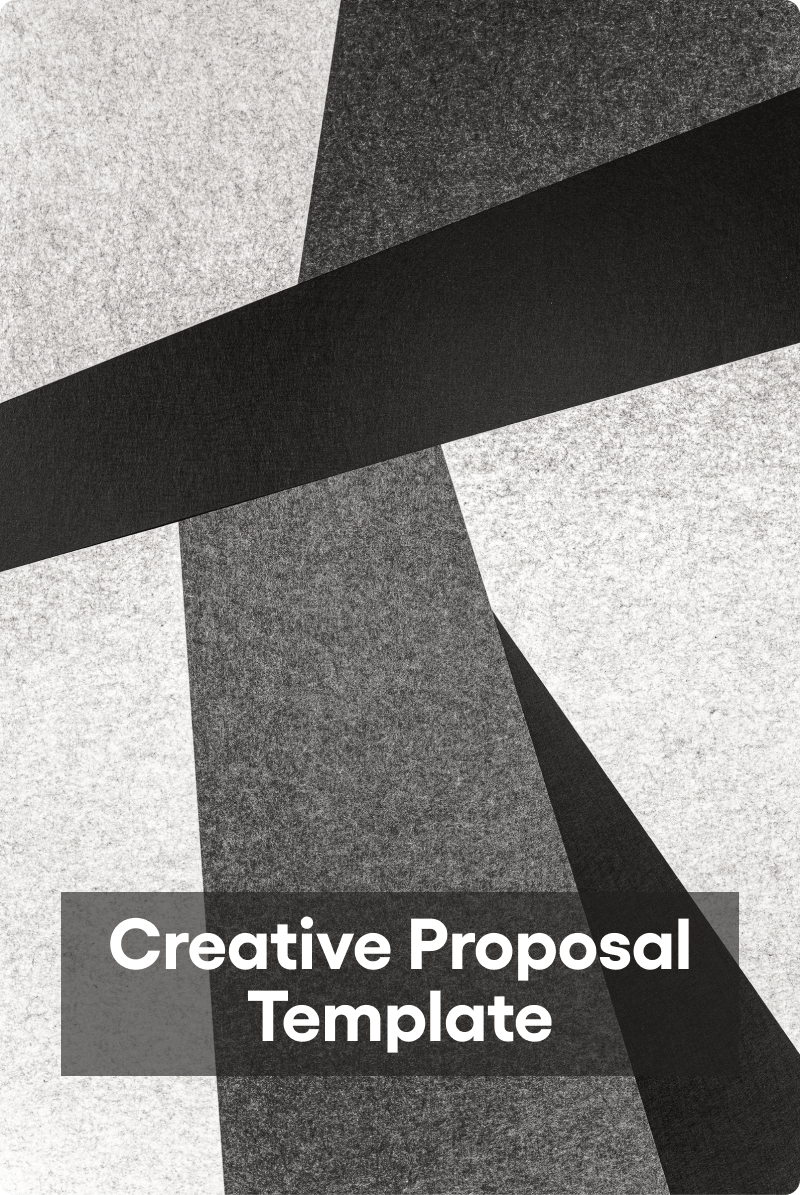If you are an independent architect or have a firm, you know how complicated it can be to find clients. From networking and marketing to meeting with potential clients, pitching ideas, and following up, it can take a toll on you if you don't have an efficient sales process. While you can't cut much time out of networking and meeting clients, there is one part of the process you could be doing faster; drafting a business proposal.
Granted, a good proposal will ultimately get you the job, but this doesn't mean you have to spend hours writing each from scratch. By creating your own construction proposal template, you can quickly fill in the client-specifics while ensuring all necessary information is always covered, reducing errors, and ensuring professionalism.
To help you create the perfect construction proposal template, we'll go over the essential elements you must cover.
Note: Write bulletproof architectural bids with Bonsai's free fully customizable proposal templates. Our monitoring and tracking tools also help you easily stay on top of every pitch you send. Save time so you can focus on your passion, not your paperwork.
Important Elements of A Construction Proposal Template
When writing construction proposal templates, remember it's all about demonstrating you have the skills and creativity needed to bring your dream plan come true. A well-written proposal will convince your clients you can do the best job with their budget and you provide high-quality architectural services. A professional construction proposal template will help you with this.
Here's what you must include.
Cover Letter
Your first chance to catch your reader's interest is the cover page of your construction bid proposal. As tempting as it may seem, don't use the same design for all of your proposals. Always try to make it unique and match it to your client's vibe, whether that's a vibrant and creative design or a more professional and down-to-earth design. Your cover letter must include your business name and logo, registered trademarks or any branding elements you find appropriate.
Introduction to Your Construction Company
The opening portion of your construction proposal template should include an introduction to give your client a general overview of your experience, portfolio and knowledge. Briefly describe the history of your business, any honors you've received, and a rundown of your accomplished projects, as well as highlight the qualifications and practical knowledge of your company's senior management.
At this point, you can also give your clients a brief introduction to the services you are planning to provide. You can do this by adding a sneak preview of the building's design and how it will bring in money for both the business and you.
Note: If you need a construction proposal sample, check out Bonsai's free fully editable templates. Our pre-made templates have a professional design and can help you send out. more bids to potential clients and land more jobs. Claim your14-day free trial to create a simple construction proposal template today.
Project Information and Client Details
After covering the fundamentals, it's time to cover all the details and talk about the purpose of this project. Start by describing the project, its surroundings, and any business problems it is attempting to solve or results it is hoping to achieve. Keep this purposefully brief and simple because you'll go into greater detail later in your scope of work. Don't forget to include the project name, location, and contact information of the parties involved.
Detailed Scope of Work
All construction proposals must provide exact work plan specifications, referred to as scope of work. Here, you will provide more information about the envisioned structure outlining specifics like the number of stories that will be built, precise dimensions, and the elements that need to be constructed, such as the cozy rooms, parking lot, lobbies, elevators, and fire escapes.
The scope of work should also include the total cost of the construction project, the number of workers or your construction team, and the materials required. Make sure to keep a clear structure when providing the summary to make it easy for the project owner to understand. Showing your itemized costs for materials and services adds a layer of transparency to your construction bid proposal.
Project timeline, Payment Schedule and Deliverables
This section of your construction proposal template is to outline the basic design stages and deliverables involved in the project. Such stages may include planning, design rendering, primary plan development, delivery of plans, review, redlining, and final revision and acceptance. Using a timeline along your deliverables provides a more accurate overall picture of the project flow and shows where bottlenecks may come up. You'll set the right expectations and deliver your project in a timely manner.
Case Studies
Many building engineering firms just provide examples of their work in their proposal forms (like you did in the introduction section), but this is not enough. You must demonstrate that you comprehended the client's problems and developed a workable solution if you want to be regarded seriously. By researching case studies related to your project, you can include a section to present data and your conclusions to the potential client and show what you can do to improve the project.
This will let your potential clients know that choosing you is worth the risk as you have already identified potential areas of opportunities and are ready to handle them.
Call To Action
Finally, a great proposal includes a strong call to action that leaves your clients with a favorable impression of your construction firm. You want to provide clear instructions to follow if they want to do business with you and invite your client to call you in case of any clarifications needed, or accept your proposal online via email. Remember, this is your chance to let your personality show and convey a trustworthy image, so let them know how much you're looking forward to working with them.
Use Bonsai's Free Construction Proposal Templates
Successfully running construction companies already take up a lot of your time. You don't want to waste time creating your project bid proposal template when you don't have to do it yourself. Skip the headache and simply download Bonsai's free construction proposal template which you can fully customize to meet your business and clients' needs. All our templates are legally vetted and will help you save time by providing you with a clear and easy-to-understand layout. Personalize your construction bid by adding your company logo and your business information.
Additionally, using our free construction proposal template, you can track each proposal you send online by getting notifications when your client receives and accepts it. You can also add different pricing and packages to give your clients more than one option to accept working with you and streamline the formalities by asking them to sign electronic approval. But don't stop there, Bonsai offers multiple other construction templates to help you easily create a legally binding contract, briefs and invoices. Start your 14-day free trial and see everything Bonsai can do for your business! Try our construction project proposal templates today.









































































































%20(1).svg)
